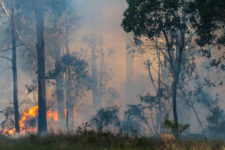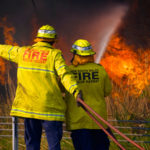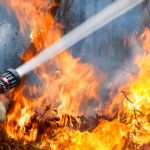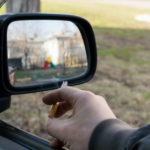The Offence of Causing Bushfires in New South Wales

It has been reported that a 79-year old man from the south coast of South Australia was arrested on Saturday, 4 January 2020 and charged with four counts of intentionally causing a bushfire.
Police allege the man lit four scrub and grass fires in the state’s Rosetown-Kingston SE area, namely:
- adjacent to Catherine Gibson Way on Monday 30 December 2019,
- adjacent to Catherine Gibson Way on Thursday 2 January 2020,
- adjacent to First Street on Saturday 4 January 2020, and
- adjacent on Eleventh Street on Saturday 4 January 2020.
Police say the man was refused bail at the police station and will appear before Mount Gambier Magistrate’s Court today.
They say no property was damaged as a result of the fires, but that one house came under threat.
Causing a bushfire in New South Wales
Causing a bushfire is an offence under section 203E of the Crimes Act 1900 which carries a maximum penalty of 21 years in prison.
To establish the offence, the prosecution must prove beyond reasonable doubt that:
- You intentionally caused a fire, and
- You were at least reckless about its spread to vegetation on public land or to land belonging to another.
You are not responsible for the offence if:
- You were a firefighter, or
- You were acting under the direction of a firefighter, and
- You were firefighting or conducting hazard reduction operations
A person who is not guilty may instead be found guilty of setting or causing a fire without lawful authority, which is an offence under section 100(1) of the Rural Fires Act 1997.
That offence attracts a maximum penalty of 5 years in prison and requires proof beyond reasonable doubt that you:
- Set or caused a fire to land or property belonging to another person or the public, or
- Permitted a fire to escape from land you occupied Where this was likely to cause injury or damage to other people or property.






